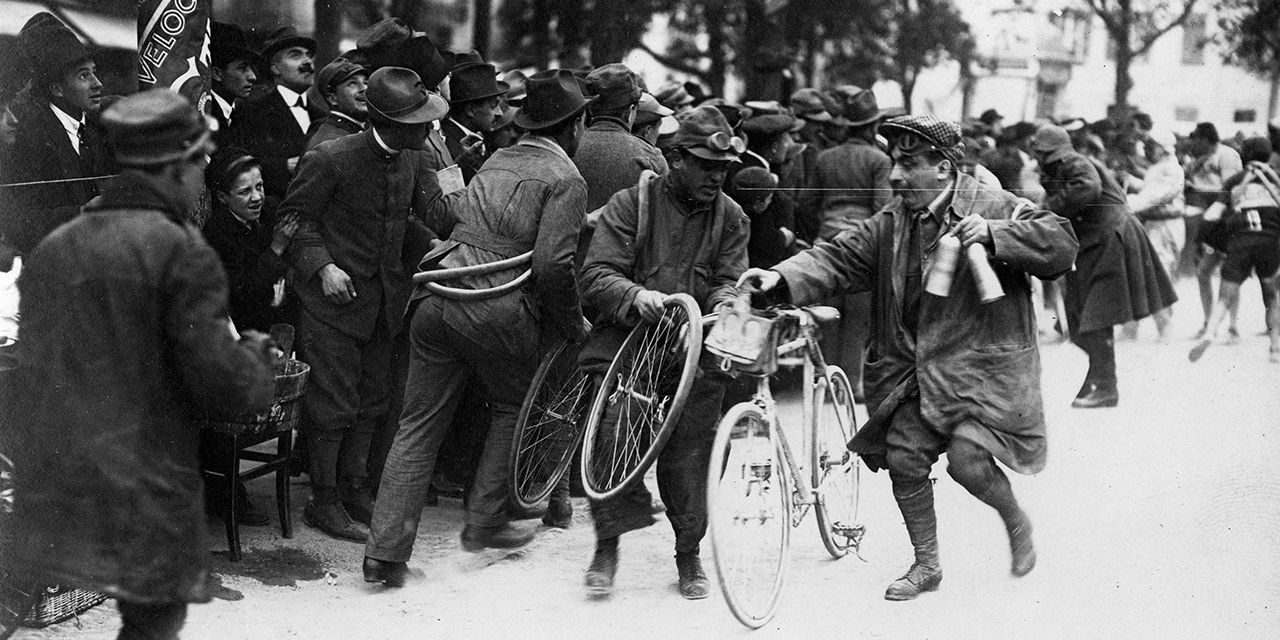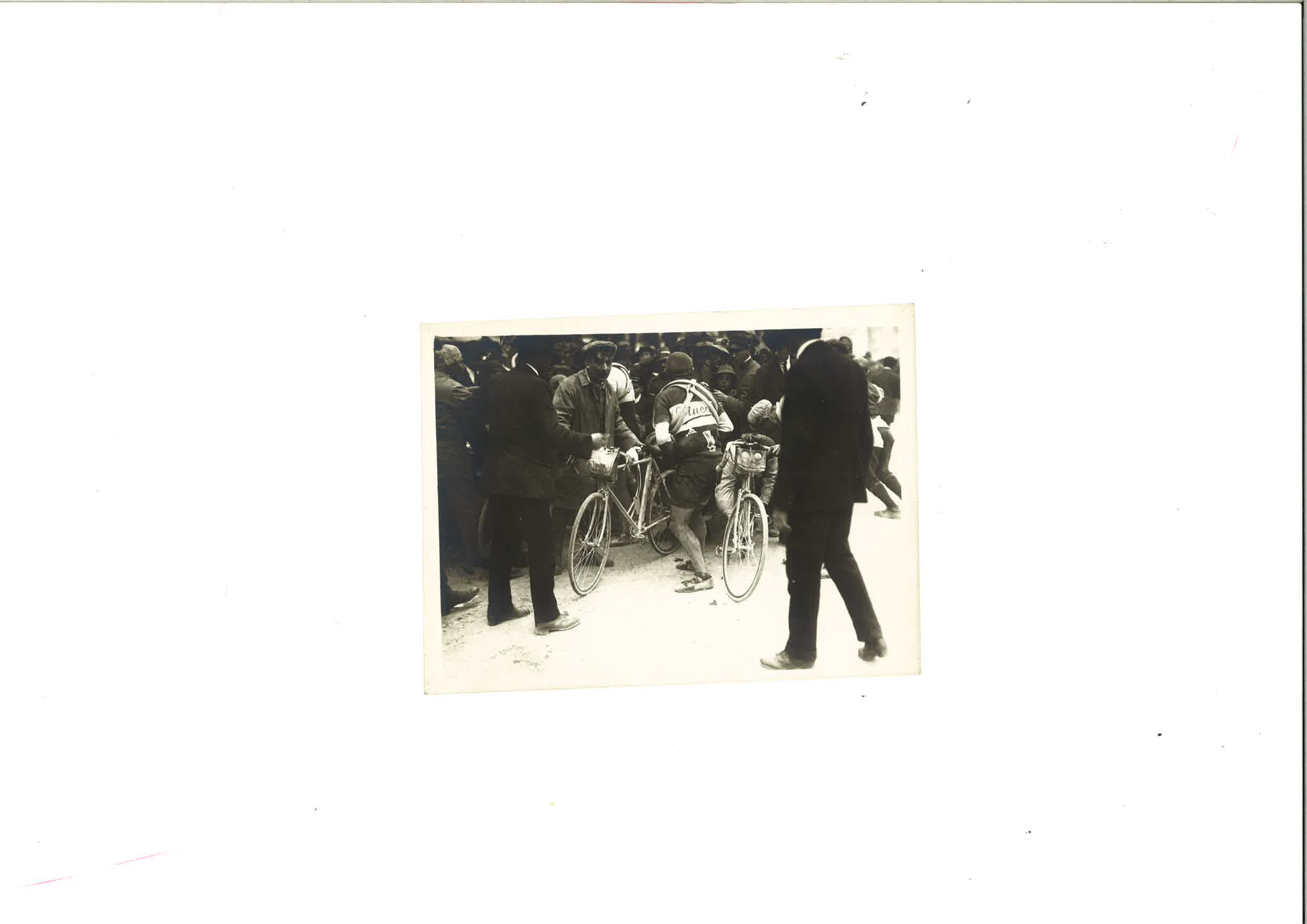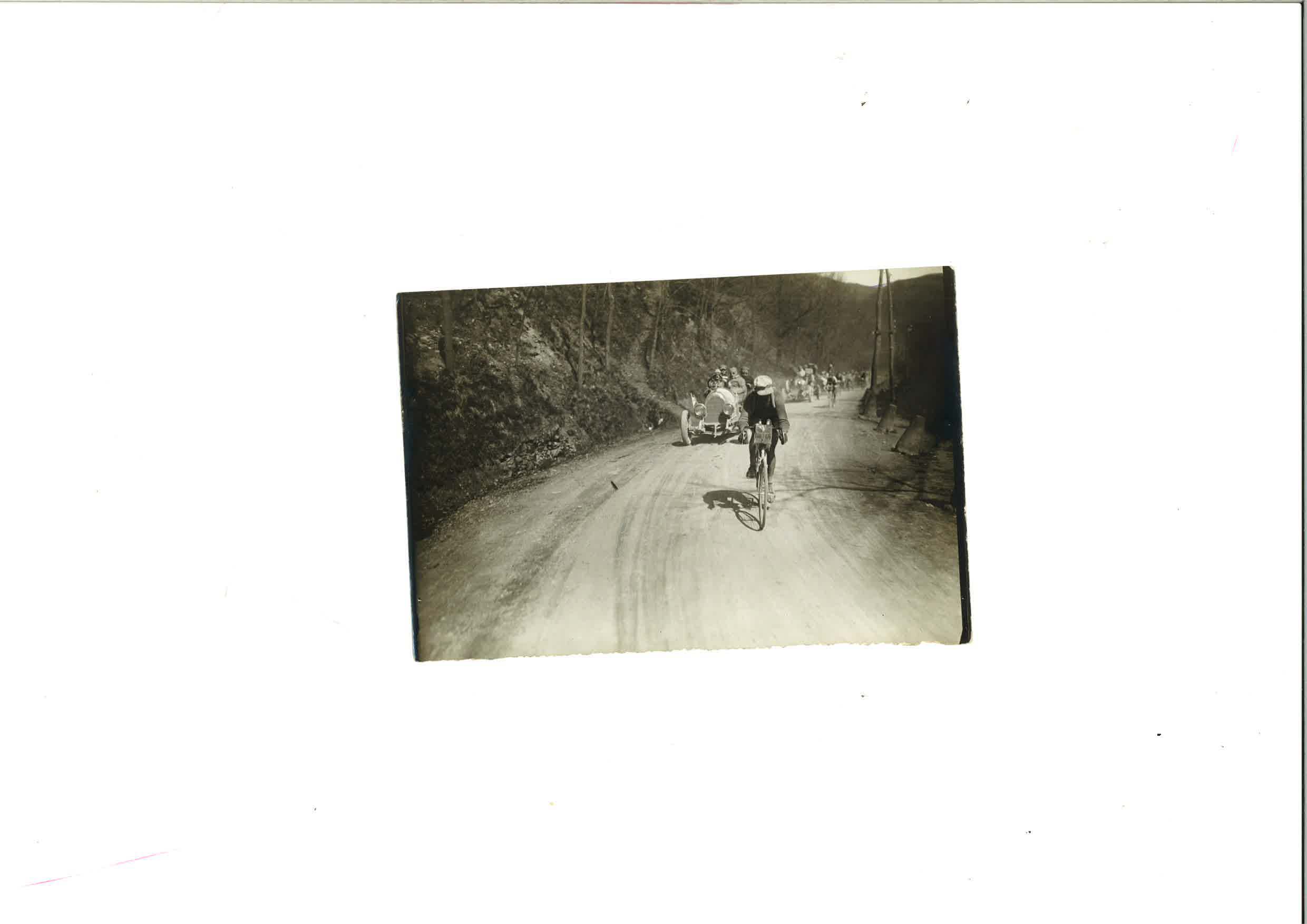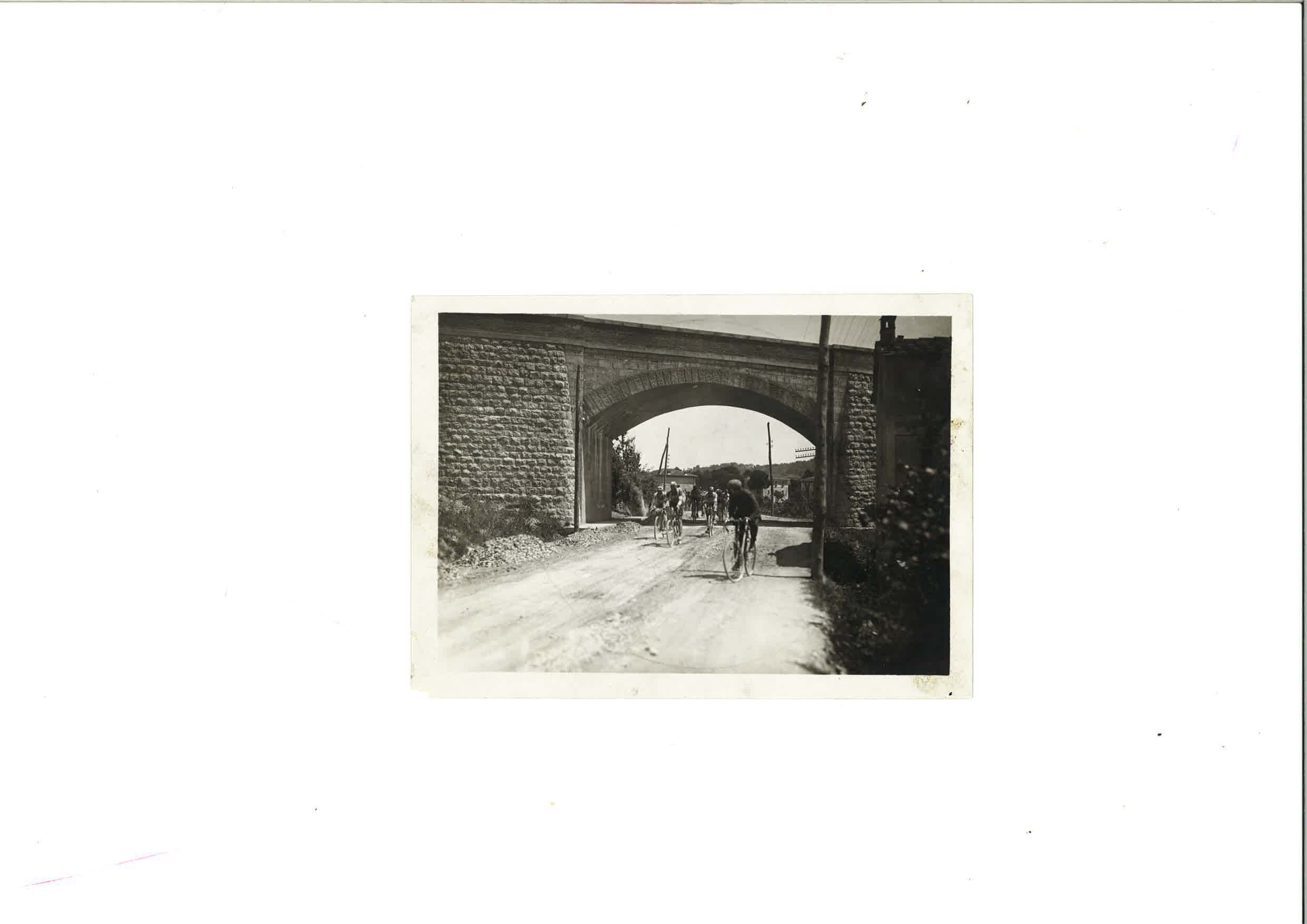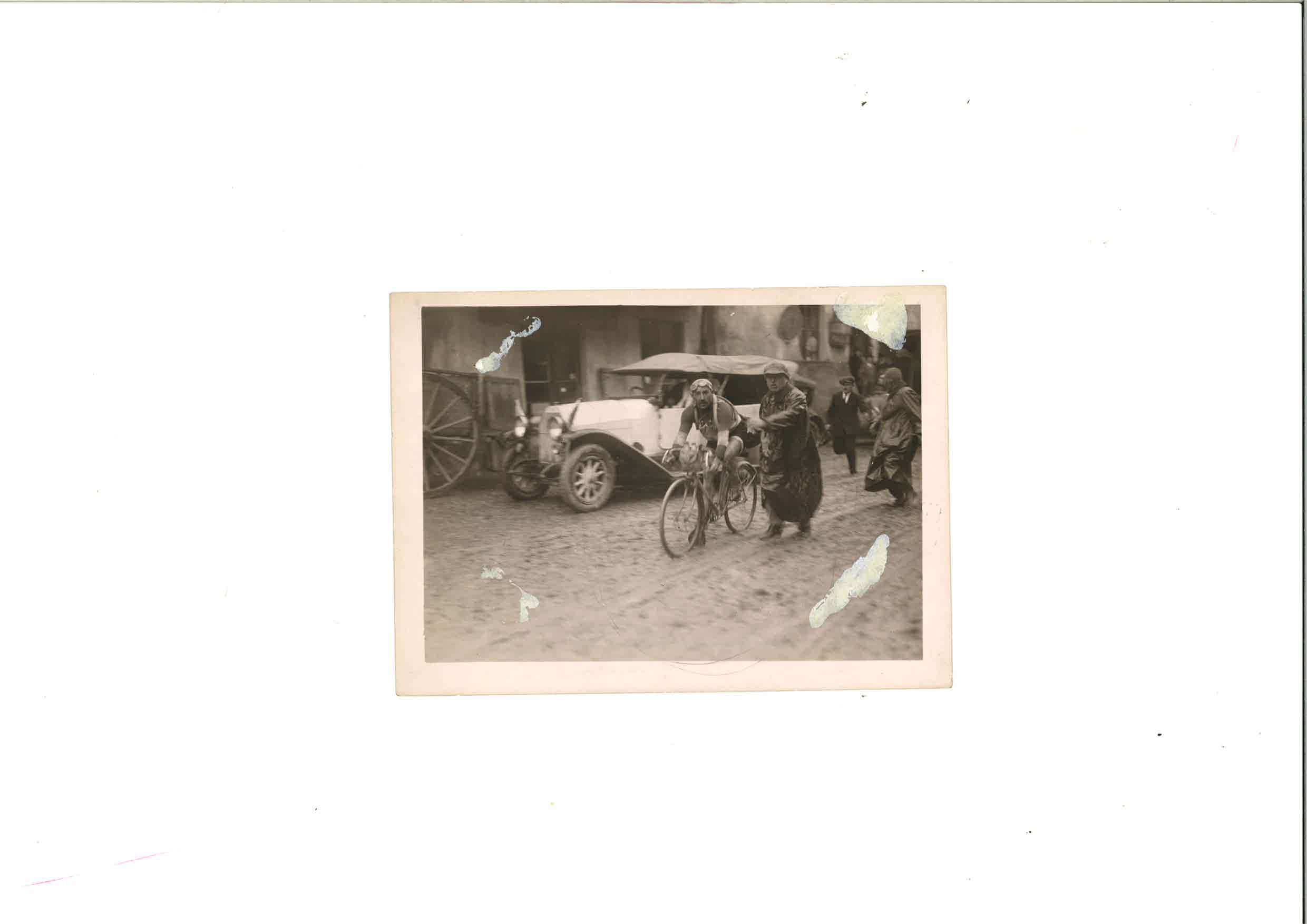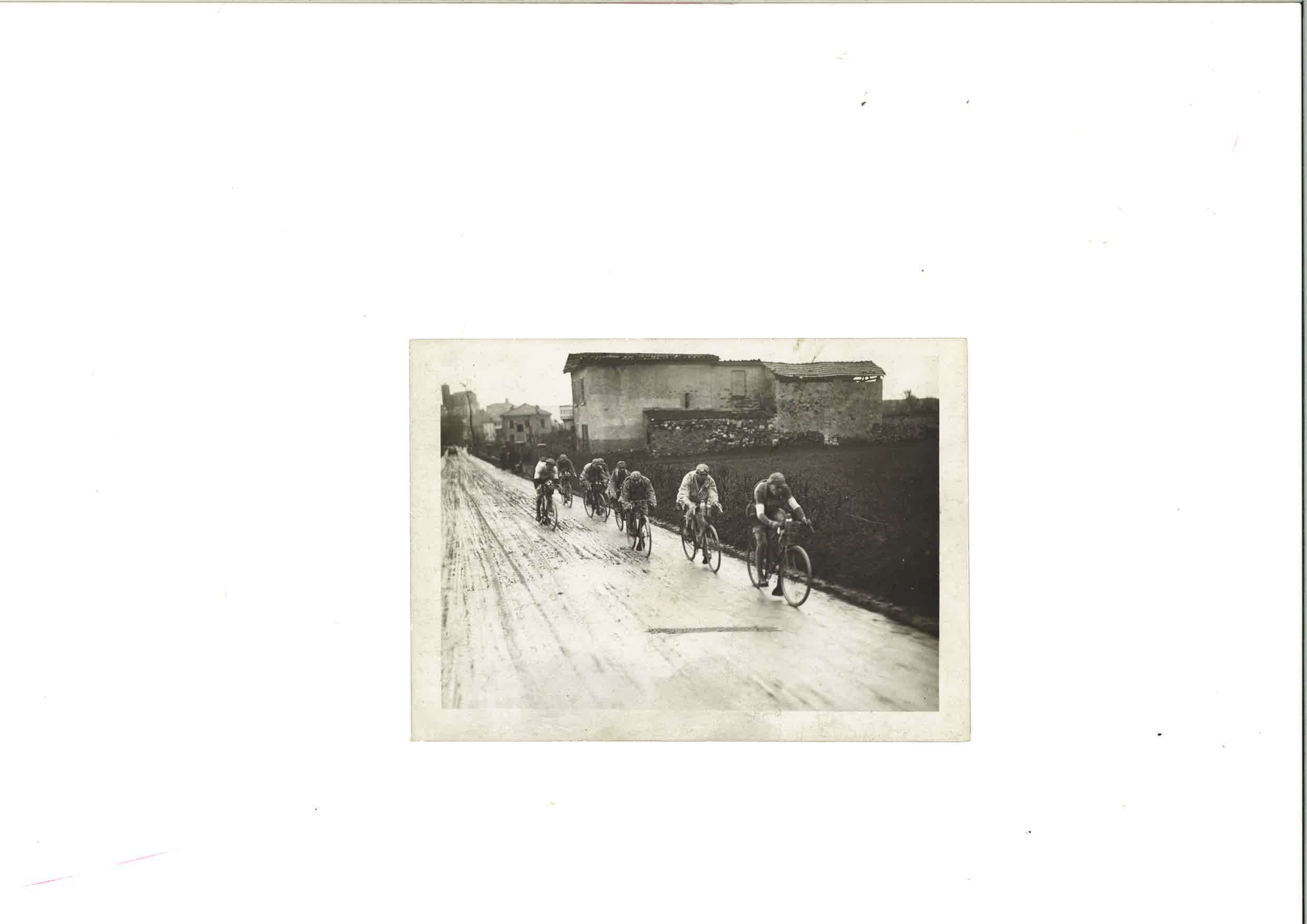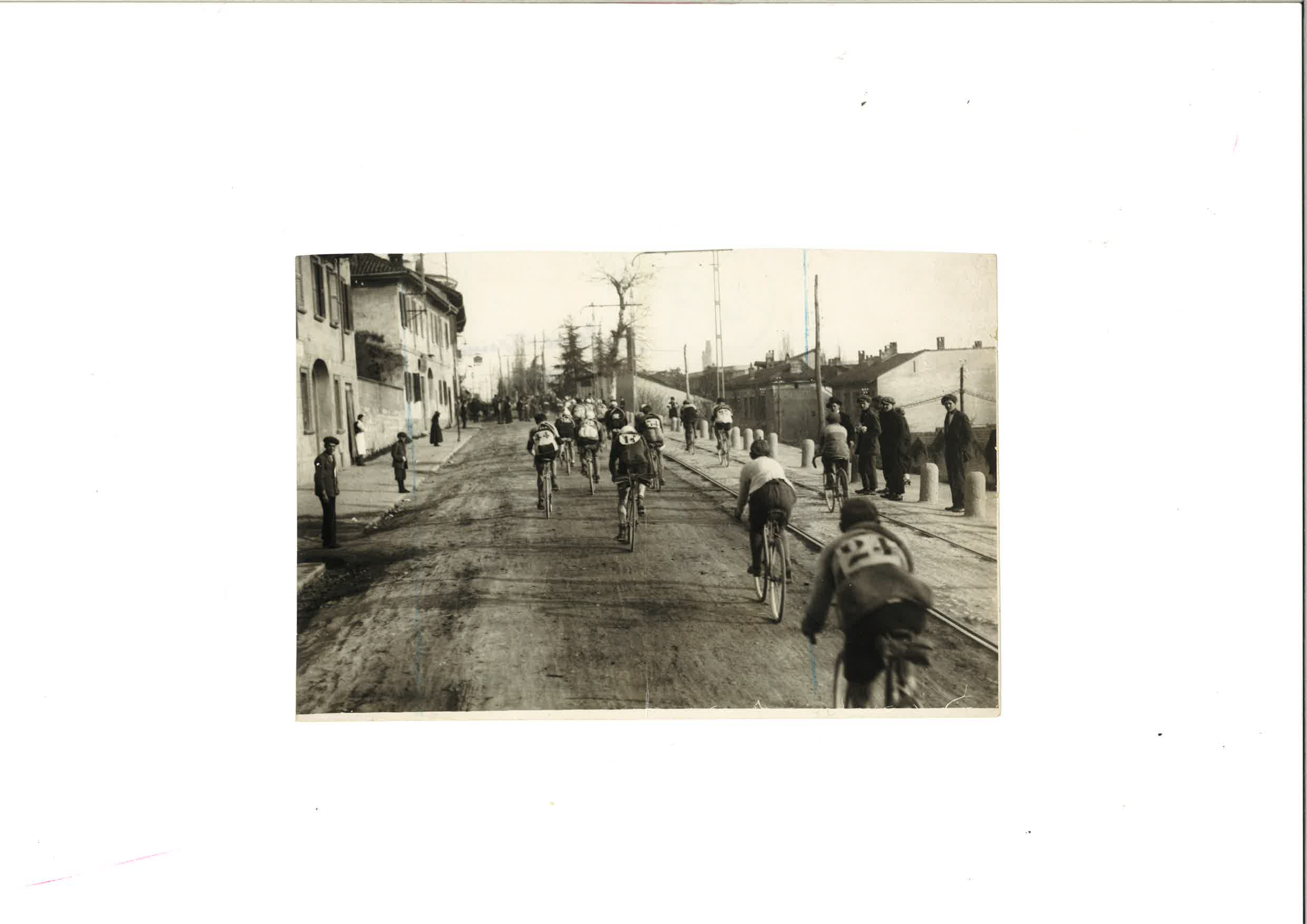Milano-Torino was created at the dawn of cyclesport. 148 years have passed since that very first edition of this race. It was 1876, the bicycle as we understand it today did not even exist, the only available option was a primordial version with four-metre circumference wheels. And neither did cyclists exist, but rather “velocipedists”, and having them ride from Milan to Turin by that vehicle – an event set up by the Veloce-Club of Milan – was nothing short of madness. Who knows if anyone was even remotely aware that history was about to be written, given that almost 150 years later the Milano-Torino is internationally recognised as the oldest bike race on the calendar.
On that 25 May 1876, only 8 brave men decided to take up this challenge, and the first to reach the finish line, after around 10 hours of strenuous effort, was 21-year-old Paolo Magretti from Milan, who was warmly welcomed by a crowd 10,000 people. A student of natural sciences at the University of Pavia, Magretti had already taken part in some velocipede races that year, such as the Milan-Lecco, which he won, and the Milan-Vercelli, which he finished second. In other words, he could have been a great cyclist… had that profession existed at the time.
Magretti was majoring in zoology, and in 1877, while still a student, he undertook his first exploratory trip to Sardinia, a land that was still fairly unknown at the time. The expedition, which was supposed to be nothing more than a hunting trip, turned out to be an excellent opportunity to collect freshwater, marine samples and other zoological findings. That was Magretti’s first exploration campaign, which was followed by larger ones in Africa, in East Sudan (1883), Tunisia (1899) and Eritrea (1900).
All his travels were aimed at collecting zoological material for studying and cataloguing purposes, all of which helped to determine the discovery of new species. Magretti’s studies soon gained him recognition from the leading scientific institutions in the country, and the Natural History Museums of Genoa, Milan and Florence entrusted him with the task of determining and classifying entomological collections gathered by other naturalists in previous explorations and never studied until then. Upon his death in 1913, the Magretti family donated all his entomological collections to the Natural History Museum in Genoa, which still carefully preserves them today. His career as a velocipedist, therefore, was only a minor, and perhaps unessential, part of his life, but for us, he will always remain the first winner in the centuries-old history of the Milano-Torino.


